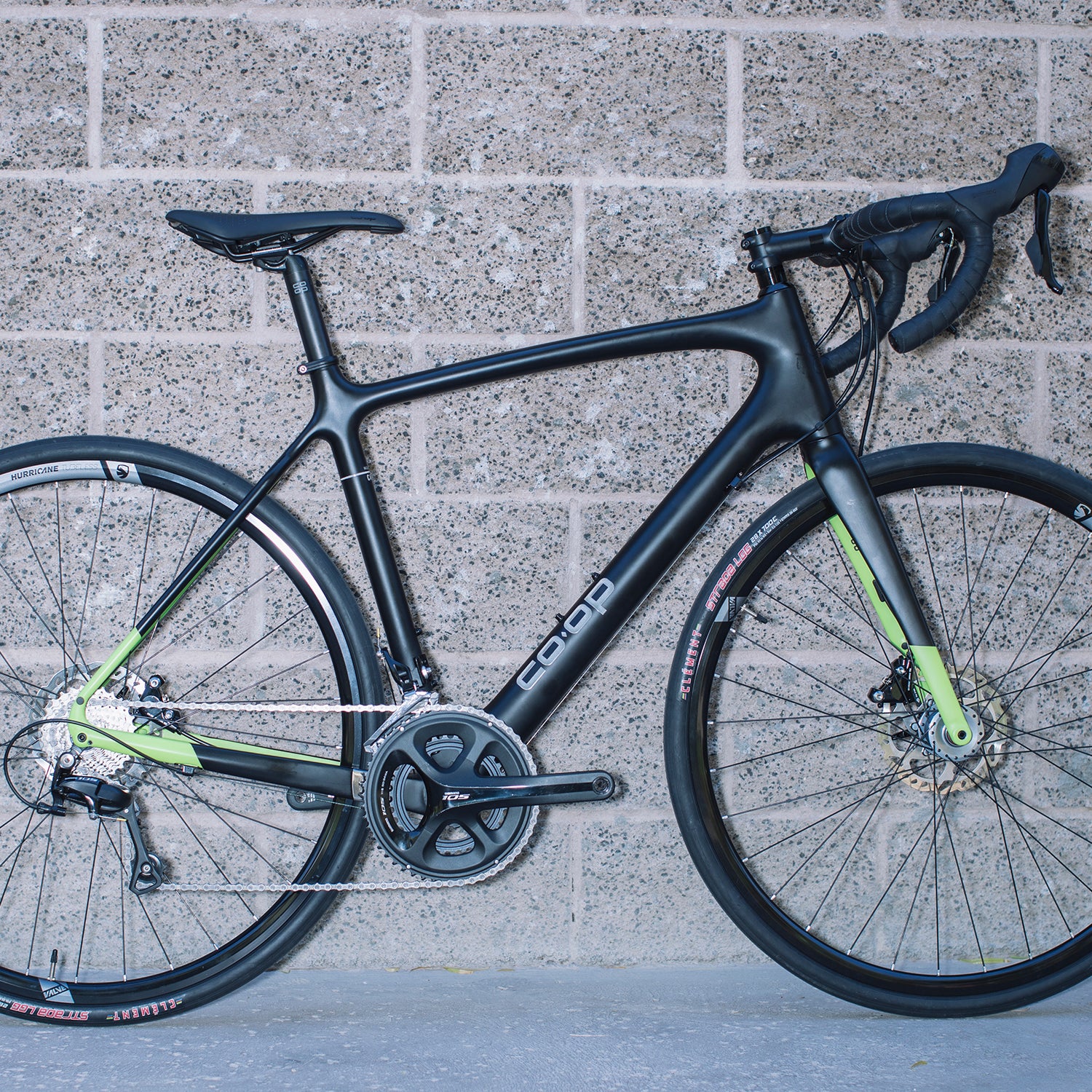You may not think of REI as a great source for quality bikes. But that could change very soon. 
Last month, the company that it has killed off its in-house Novara brand, launched a redesigned range of bikes under the name Co-op Cycles, and is throwing its weight and resources behind becoming a legitimate one-stop shop for cyclists. The moves came after REI turned to its members for input via a series of surveys and focus groups about its existing bike program.
ÔÇťFrom our research, we basically realized that the Novara brand was not adding value to the company,ÔÇŁ says Paul Calandrella*, REIÔÇÖs director of cycling strategy, who previously worked as a manager at both Specialized and Amazon. Novara was known primarily for budget crossover and road bikes. ÔÇťIt was not an easy decision given the history and the inventory, but weÔÇÖre certain that itÔÇÖs the right one. We heard from our members that we have to make bikes and bike gear that are both high value as well as up to the high quality of everything in our stores.ÔÇŁ
Eliminating Novara means getting rid of dozens of bicycle models. In their place is the new Co-op Cycles brand, which has just seven models to startÔÇöthree road and four mountain.┬áAll of models┬áofficially go on sale in spring 2017. At the lower price points, three or four of NovaraÔÇÖs most popular crossover models will be rebranded as Co-op.┬á
The bikes are modern-looking and timely, with the ARD line (for All Road) built toward the gravel trend, including endurance geometries, clearance for 38c tires, and one carbon model. The DRT line (mountain) uses plus-size tires, Boost spacing, and 1x drivetrains.┬áThey're┬áare also more premium than REIÔÇÖs previous offerings: ARD models range from $1,300 to $2,300, and DRT models go from $800 to $1,600, with even more expensive bikes coming in the future. ThatÔÇÖs keeping in line with the market trend toward performance. And Calandrella says that the idea is to create a line that lets members progress from starter bicycles through high-performance machines, without ever leaving REI.
To that end, the company has made several strategic partnerships in the last year or two, most recently in June with the announcement that it┬áwould begin selling Salsa┬ábikes. A year earlier, they also added s, a high-level German brand, and theyÔÇÖve long sold Cannondale and Diamondback.
So the move to Co-op is actually just one in a progression, as REI has already brought on a handful of designers to help revamp and modernize its cycling apparel and soft-goods line. A recent trip to the store in Santa Fe, New Mexico, revealed bags, clothing, and accessories that will soon be rebranded from Novara to Co-op and could easily compete with many of those options from endemic cycling brands, such as Pearl Izumi, Sugoi, Bontrager, and Specialized. 
Calandrella also feels that REIÔÇÖs broad range of outdoor stock is a natural fit with the current trend in cycling toward versatility and adventure. ÔÇťIf you look at the shift toward adventure touring and bikepacking, weÔÇÖre in a perfect position,ÔÇŁ he says. ÔÇťNot only can riders get bikes and cycling clothes from us, they can gear up for the entire adventure, from tents and sleeping bags to lights and GPS. Our goal is to offer members a place to shop for all their outdoor needs under one roof.ÔÇŁ
Does REI worry that its moves will be yet still another chime in the death knell for small bike shops, many of which are already struggling with inventory challenges and the direct-to-consumer sales model that bike brands are adopting? ÔÇťItÔÇÖs not about competing with local bike shops. We arenÔÇÖt trying to be a replacement for a specialty store,ÔÇŁ Calandrella says. ÔÇťBut we do feel like itÔÇÖs our responsibility serve all of our customersÔÇÖ needs, and we simply havenÔÇÖt been doing that well enough in the bike space.ÔÇŁ


